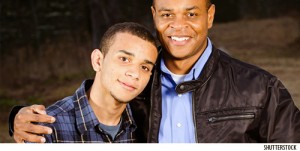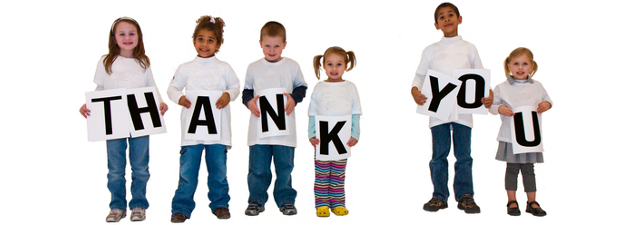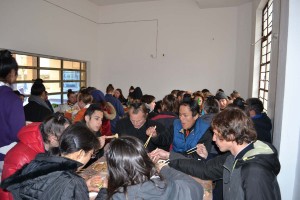 As our children get older they begin to feel their independence and they want to show that they can do things on their own. They may begin to feel that they no longer need to tell us, their parents, when or where they are coming or going. Even if they do tell us, they may feel a certain amount of resentment about having to do so.
As our children get older they begin to feel their independence and they want to show that they can do things on their own. They may begin to feel that they no longer need to tell us, their parents, when or where they are coming or going. Even if they do tell us, they may feel a certain amount of resentment about having to do so.
So how do we overcome this inclination? When my children were growing up, whenever I was getting ready to leave the house, I always made sure to tell each of them individually that I was leaving, where I was going and what time I expected to return. At first I just made this a practice. Later as they got older, I explained to them the reason for doing so.
I did not want them to wonder where I was if they were looking for me. I wanted them to know when to expect me to return, in case they had something to talk about or ask me. I explained to them it was my way of showing my respect for them. Then as they got older, I could ask them to do the same for me. I had set the example.
Was it or is it required that a parent tell their children – even when there is another adult in the house? Of course not. But doing so gives you an excellent argument when your child feels like it is intrusive to their independence. It is demonstrating good manners – showing kindness and respect.

 Manners are so important for children to learn as in the words of Clarence Thomas, “Good manners will open doors that the best education cannot.” When we use the good manners of saying please when making requests, or thank you when others have done a good deed toward us, we are showing that the feelings of others matter to us.
Manners are so important for children to learn as in the words of Clarence Thomas, “Good manners will open doors that the best education cannot.” When we use the good manners of saying please when making requests, or thank you when others have done a good deed toward us, we are showing that the feelings of others matter to us.

